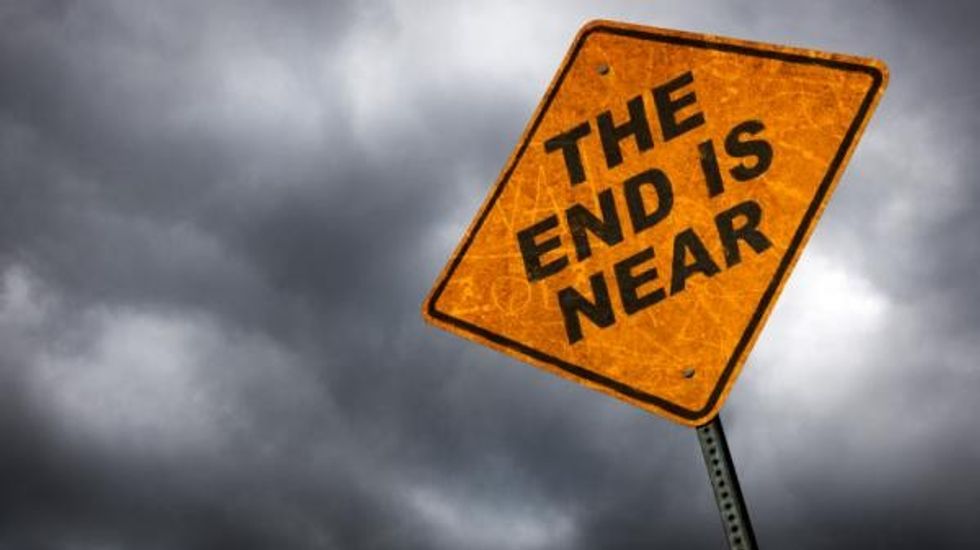
By David Farrell
8 things we learned from audio research in 2020
As we look towards 2021 with a big sigh of relief, it feels like a good time to look back at 2020.
As traumatic as 2020 has been, it was also a year of change for audio. Stay-at-home orders disrupted our lives and shook up the habits around the soundtrack that accompanies our lives. Commute listening and office listening were most dramatically affected.
Looking ahead to 2021, we expect a lot of those old listening habits will be back. At the same time, the pandemic will likely have accelerated many of the changes already underway.
Here’s what caught our attention in our audio research from the past year: – Jeff Vidler, Signal Hill
Canadian media too preoccupied with White House shenanigans
Maybe Canadians would be more interested in Canada if Vinay Menon, Star reporters and contributors, and most of the other media, hadn’t used up 90 percent of the newspaper space to bash Donald Trump, and stuff American issues and politics down our throats for the last four years. (Sorry for the almost run-on sentence.) – Rita Maio, Toronto Star reader
Film, TV producers seek better deals from streamers through CRTC reg
Canadian film and TV producers are urging the federal government to change regulations to make it easier for them to retain the ownership of their intellectual property when they sell shows to foreign streamers such as Netflix.
The call from the Canadian Media Producers Association comes as the House of Commons continues to debate a Liberal bill that would bring online streamers under the oversight of the federal broadcasting regulator, the Canadian Radio-television and Telecommunications Commission. – Chris Hannay, The Globe and Mail
Sotheby’s pulled in over $5B in 2020 online auctions
Sotheby’s managed to bump up their total returns in the midst of a catastrophic pandemic and says that it managed to attract its greatest influx of first-time art buyers in 15 years, with a 27% increase over 2019. The auction house says that they achieved this result via a massive restructuring of their auctions — 70% of them took place online this year, as opposed to 30% in 2019. – Helen Holmes, Observer.com
Thoughts on streaming and podcasts in 2021
Turns out a global pandemic is likely to shake things up a bit. With much of the country locked in their homes, many new behaviours have been learned and others accelerated.
Internet shopping, video calls, smart speakers, streaming services – all nothing new, but now something that’s become a bigger part of people’s lives. Disney+, alive for just nine months, has over a quarter of the subscribers of Netflix (3.5m vs 12.8m). With the groundwork done on streaming to the TV from Netflix, the BBC and Amazon, powerful new entrants can certainly make a splash without ten years of heavy lifting. – Matt Deegan, RAIN News
UPS, Amazon delivery drones a step closer to reality with new US rules
Someday soon, you may not be waiting for packages delivered by a truck -- instead, they'll come overhead, via drone. But they might look a little different from what you've seen before. The Federal Aviation Administration announced new rules Monday for what it calls "unmanned aircraft" that weigh more than 0.55 pounds (or 0.25 kilogram) to operate around people.
Among the new rules, the FAA said drones will need to broadcast their identification through a new system called Remote ID, which will help the government track both the drones and their base "control" stations. Those operating at night will also need to have anti-collision lights, and drones must have no "exposed rotating parts" (like the flight blades) that could cut human skin. – Ian Sherr, CNET
The 20 biggest tech stories of 2020
From the simmering battle between DC and Big Tech companies to the streaming wars and Zoom's emergence as sometimes our sole connection to other people, each entry reflects just how big a role technology now plays in our lives -- for better or worse. In the midst of such terrible circumstances, tech often threw a lifeline to millions of people. – Roger Cheng, CNET
Will news media take a hit when Trump steps down?
Tragedy and disaster have always been the stuff that journalism careers are made of. But the Trump era has been especially rewarding to a certain class of Washington reporter. As the White House beat became the biggest story in the world, once-obscure correspondents were recast in the popular imagination as resistance heroes fighting for truth, justice, and the American way. They were showered with book deals, speaking gigs, and hundreds of thousands of Twitter followers. They got glow-ups to accompany their new cable-news contracts, and those glow-ups were covered in glossy magazines. Along the way, many of them adapted their journalism to cover an unusually mendacious and corrupt president (much to the delight of their new fan bases). As the story draws to an end, the reporters who got famous fighting with Trump are facing a question: What do we do now? – McKay Coppins, The Atlantic
















